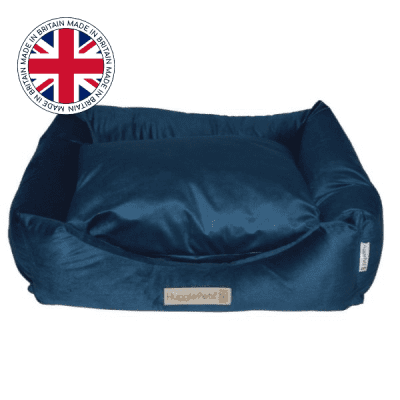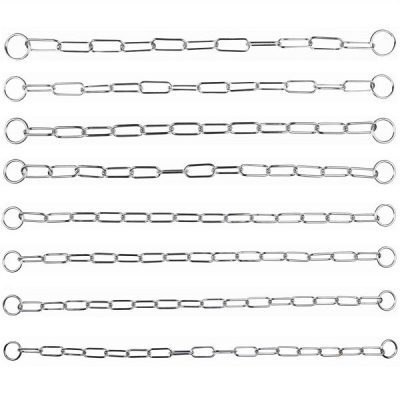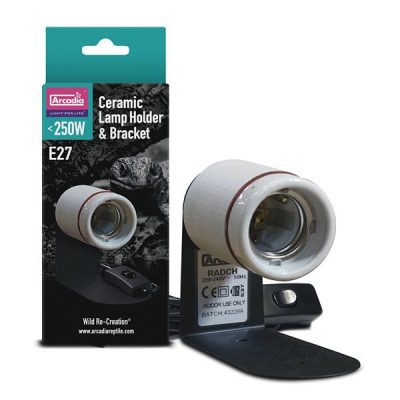Cockatiels are small, crested members of the parrot family. They are known for their mellow nature. Grey is the most common colour, but they are also available in more colour variations. The average size of an adult is 11-14” from head to tail and can live up to 25 years.
Diet
A well-balanced cockatiel diet consists of specialized seed or pellets that make up 60 to 70% of their diet as well as fresh vegetables. Clean fresh water should also be provided and changed daily. Do not feed cockatiels sugar and high fat treats too often.
Feeding
Things to remember when feeding your cockatiel, fresh food and water should always be available. Vegetables and fruits not eaten within a few hours should be discarded. Treats should not exceed 10% of total food.
Housing
The cage should be placed off the floor in an area that is well-lit and away from any drafts, be cautious of extreme temperature changes as this can make the bird ill.
The minimum requirements of an indoor cage are approximately 24″W x 24″D x 30″H, with metal bars spaced no greater than 1/2″ apart, but it is always best to provide the largest habitat possible. If keeping more than one cockatiel it is recommended that these requirements are doubled. A variety of perches is also recommended to exercise feet and help prevent overgrown nails and beaks.
Cockatiels can also be kept outdoors in a large spacious aviary.
Cockatiels can be kept alone to bond with their own or can be kept in pairs to bond with each other, it is not recommended to mix any other bird species with them. If kept alone they should be socialized daily by the owner to prevent boredom which can lead to over-pruning and feather loss.
Normal Behavior
Cockatiels are known for mimicking repetitive sounds and noises and can also bond easily with their human companions. Cockatiels that are not hand-reared will require some time to get used to human handling. Providing a variety of toys and changing the toys regularly will help with mental stimulating and again prevent boredom and health issues later on.
Habitat Maintenance
Clean and disinfect the cage and perches regularly and replace the substrate or cage liner weekly or if needed sooner. Replace any perches, dishes, or toys when they become worn or damaged, rotate new toys into the cage regularly. Ensure that there are no habitat parts or toys with lead, zinc or lead-based paints or galvanized parts as these can cause serious medical issues if ingested by your bird. Do not use a lot of cleaning agents around your bird as the fumes can be harmful.
Grooming & Hygiene
Provide water regularly for bathing; remove the water when done, as an alternative, mist the bird with water. Flight feathers can be clipped and can help prevent injury or escape but always consult an avian veterinarian on what is best for your bird. Nails should be trimmed by a qualified person to prevent injury to the bird.
Health
Signs of a Healthy Animal
- Active, alert, and sociable
- Eats and drinks throughout the day
- Dry nares and bright, dry eyes
- Beak, legs and feet normal in appearance
- Clean, dry vent
- Smooth, well-groomed feathers
Red Flags
- beak swelling or accumulations
- fluffed, plucked, or soiled feathers
- sitting on the floor of the habitat
- wheezing or coughing
- runny or discoloured stools
- favouring one foot when not sleeping
- eye or nasal discharge
- red or swollen eyes
- loss of appetite









